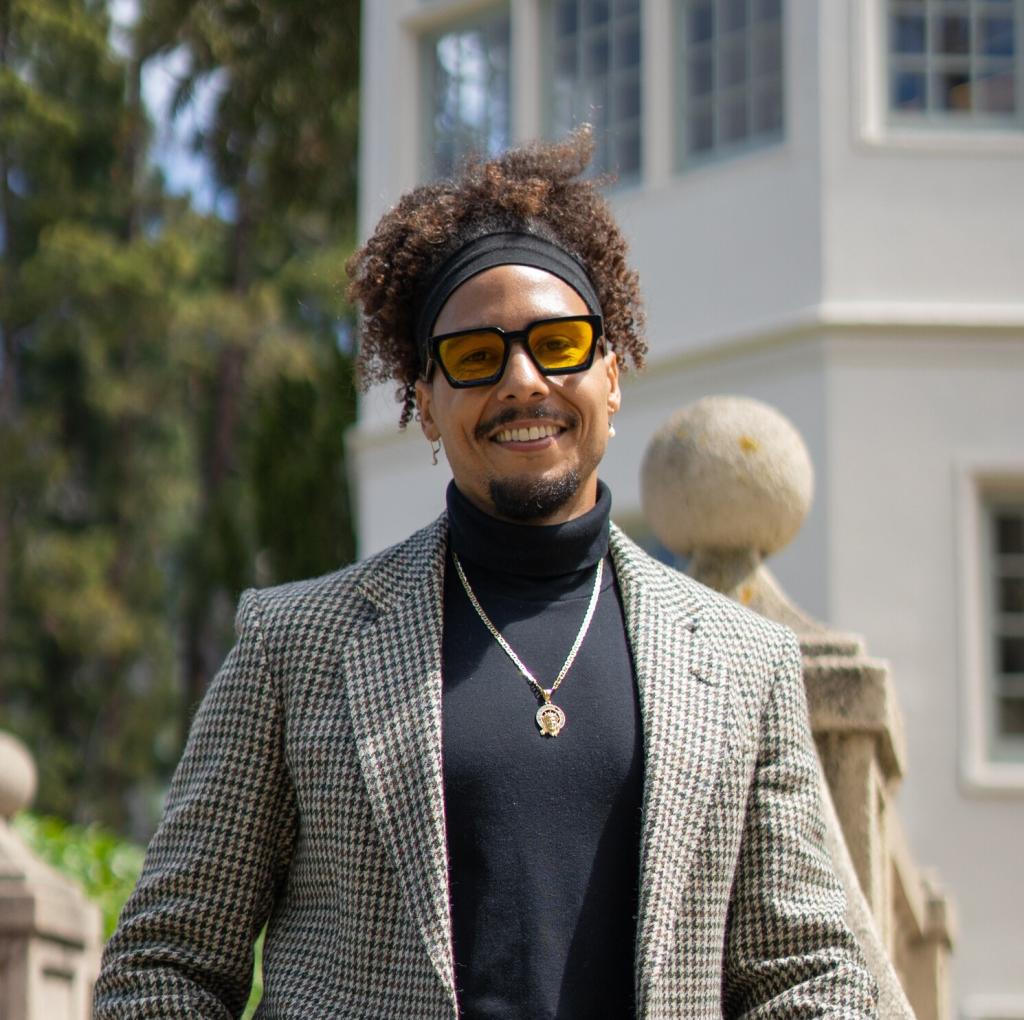
Daniel Lobo
Daniel Lobo (he/they) is a Ph.D. candidate in the Department of Sociology at the University of California-Berkeley, also affiliated with the Management of Organizations (MORS) group at the Haas School of Business. As an economic sociologist, his research focuses on power, ideology, moral psychology, and the organizational-level mechanisms that allocate opportunity and reproduce income and wealth inequality. He tends to use a mixed-methods approach, including interviews, surveys, field experiments, and computational techniques.
Daniel's research has been published in the American Political Science Review, and has received generous support from the Mellon Foundation, the American Council of Learned Societies, the National Science Foundation, and the National Institutes of Health, among others. His dissertation research focuses on how competing organizational frames of "merit" shape inequality in job hiring and performance evaluations at elite firms.
Daniel holds an A.B. in Social Studies, with high honors, from Harvard College and a M.A. in Sociology from UC Berkeley. Outside of academia, he enjoys hiking, lifting, traveling, live music, meditation, all things Oakland, and spending time with loved ones. Daniel identifies as Black (ethnically Cape Verdean), queer, and working-class. He is also a first-generation American and college graduate.
Selected Publications
Lobo, Daniel and Ryan Brutger. 2025. "Fairness According to Whom? Divergent Perceptions of Fairness among White and Black Americans and Its Effect on Trade Attitudes."American Political Science Review 119(4): 1822-1835. [link]